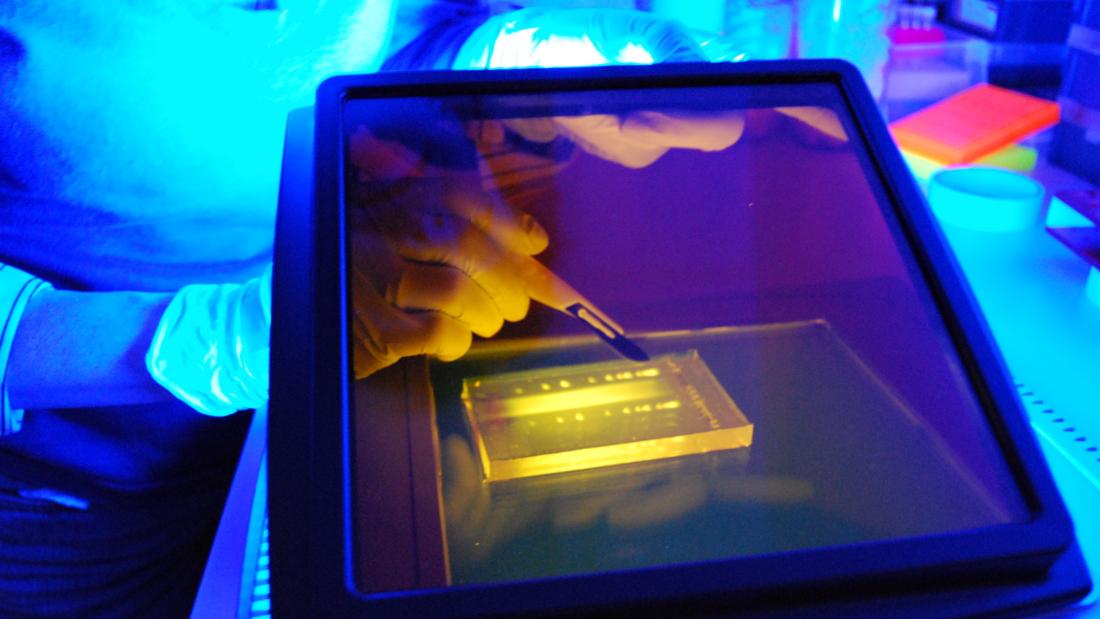The Environmental Biotechnology Innovation Centre network opens up valuable new research avenues for targeted biodegradation of specific pollutants. The project as a whole will provide innovative solutions for improvement of water and waste management practices, and will enhance the potential for resource recovery, reducing waste generation and leading to more sustainable and efficient practices.
Congratulations to everyone involved in ensuring our University is one of the ten leading UK institutions forming The Environmental Biotechnology Innovation Centre (EBIC). The establishment of this cutting-edge research centre will enhance the University’s ability to collaborate with top-tier biotechnology specialists from across the UK, raising the profile of our extensive work in this field and allowing us to help find answers to the urgent environmental challenge of plastic waste.
UKRI Technology Missions
The UKRI Technology Missions funding is designed to exploit the UK’s global leadership in transformative technologies to help solve specific problems, whilst also helping cement that leading position. Overall, UKRI is investing £250 million in Technology Missions to enable new and existing capabilities and capacity in artificial intelligence, quantum technologies and engineering biology in the years 2023-2025 and beyond.


